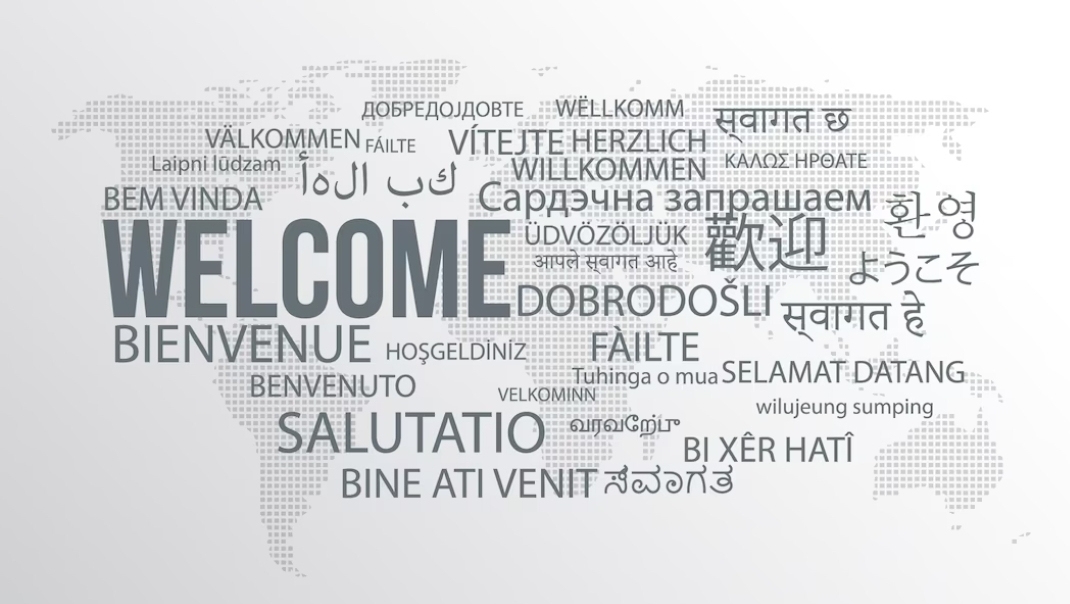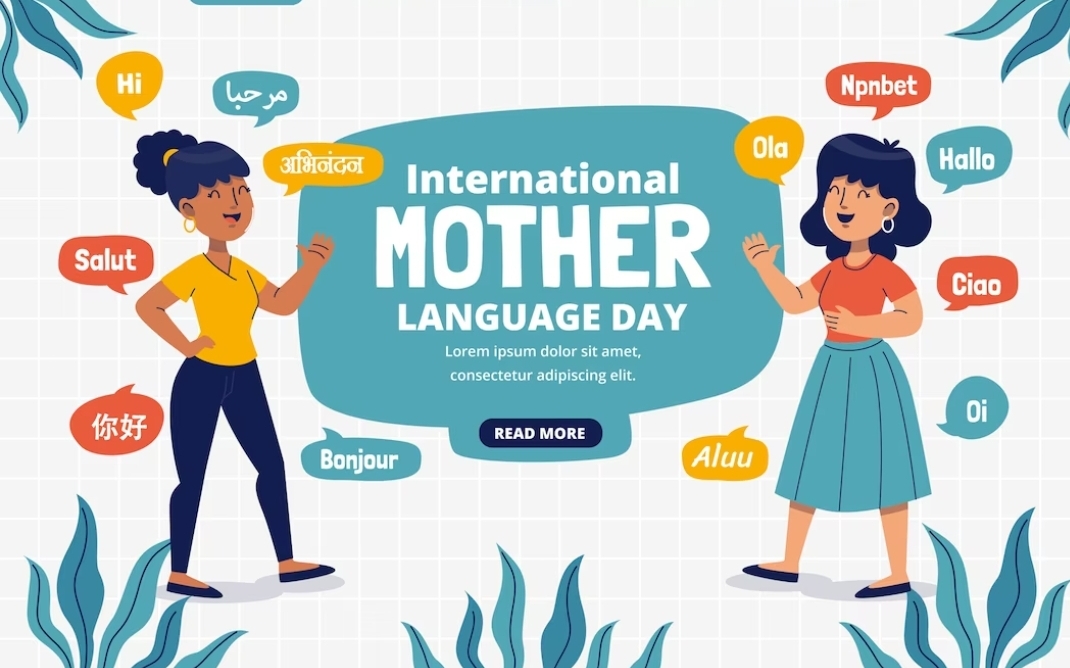On February 21, Bangladesh observes two significant events - the Shaheed Dibas (Martyrs' Day) and International Mother Language Day. These events are both commemorated to honor the sacrifices and struggles of Bengali language speakers who fought for their mother tongue's recognition and the right to speak it freely.
.jpeg)
Shaheed Dibas, also known as Language Martyrs' Day.
.jpeg)
Shaheed Dibas, also known as Language Martyrs' Day, commemorates the sacrifices of the students, activists, and common people who were killed by the Pakistani military during a peaceful protest on February 21, 1952. The protest was organized by students and activists in Dhaka, the capital of East Pakistan, demanding that Bengali be recognized as an official language of Pakistan. Despite being a majority language spoken by the people of East Pakistan, Bengali was not recognized as an official language by the central government in West Pakistan. The protesters were brutally attacked by the police, and several people were killed in the incident. The event marked the beginning of the Bengali Language Movement, which culminated in the recognition of Bengali as an official language of Pakistan in 1956 and eventually led to the independence of Bangladesh in 1971.
.jpeg)
International Mother Language Day was proclaimed by the United Nations General Assembly in 1999 and has been observed globally on February 21 every year since 2000. The day aims to promote linguistic and cultural diversity and multilingualism worldwide. It recognizes the importance of mother tongues as an essential component of cultural and linguistic diversity and urges people to protect and promote their native languages. The theme of International Mother Language Day changes every year, and it provides an opportunity to raise awareness about linguistic and cultural diversity and the need to safeguard it.
The Bengali Language Movement and the events of February 21, 1952, hold a special place in the hearts of Bangladeshis, and Shaheed Dibas and International Mother Language Day are observed with great solemnity and pride in Bangladesh. On this day, people pay homage to the martyrs by placing flowers at the Shaheed Minar, a monument built in their memory. The day is also marked by cultural programs, rallies, and other events, celebrating the rich cultural heritage of Bangladesh and the importance of preserving and promoting its mother tongue.

International Mother Language Day.

In recent years, technology has played a significant role in promoting and preserving mother tongues. Social media platforms, language learning apps, and other digital tools have made it easier for people to access and learn languages. Governments and organizations worldwide have also recognized the importance of promoting linguistic and cultural diversity and have taken steps to protect and promote their native languages.

In conclusion, Shaheed Dibas and International Mother Language Day hold immense significance for Bangladeshis and people worldwide who value linguistic and cultural diversity. These events remind us of the sacrifices of those who fought for the recognition and preservation of their mother tongue and encourage us to protect and promote our native languages. As we move towards a more connected and globalized world, it is crucial to remember the importance of linguistic and cultural diversity and the need to preserve it for future generations.